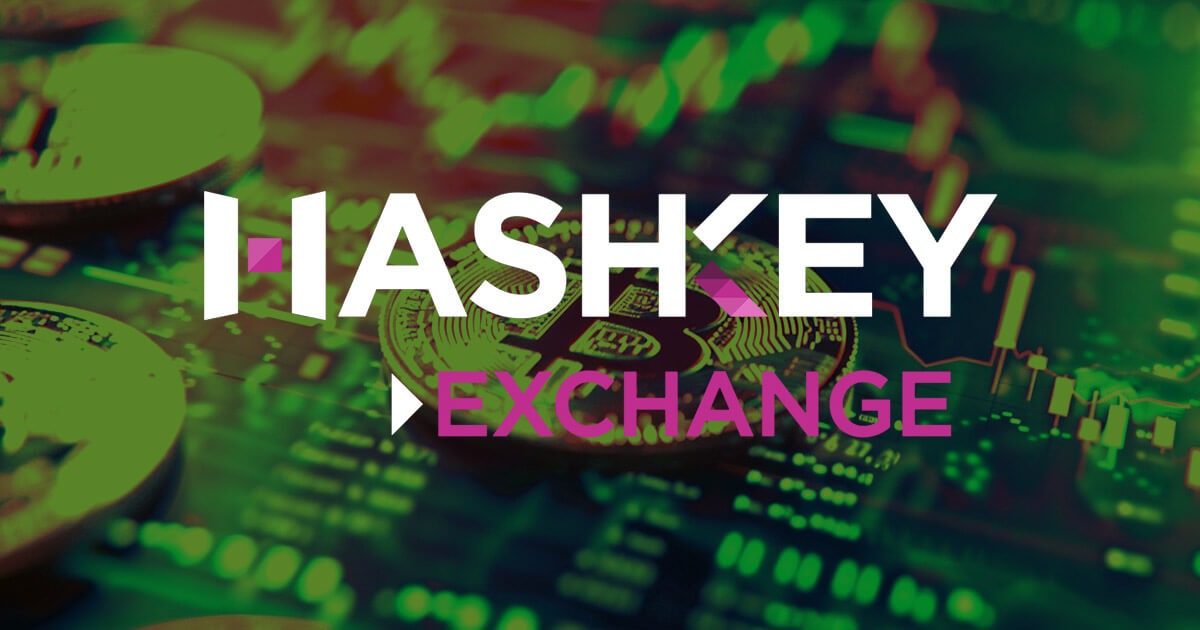
Crypto exchange HashKey said it would end support for Binance-related transactions next month.
In an April 19 statement, the Hong Kong-based crypto trading platform stated that it would restrict deposits from Binance starting May 10 and end support for virtual asset withdrawals to Binance-hosted wallet addresses by May 17.
However, transactions involving virtual assets to whitelisted unhosted wallet addresses will remain unaffected. These addresses are verified and authenticated by the exchange.
HashKey attributed its decision to “a change in its policy” but did not provide additional details about the new rules.
In December 2023, HashKey terminated support for crypto deposits from all third-party exchanges except Binance. At the time, the exchange announced it would only accept deposits exceeding 8,000 HKD from Binance, subject to specific guidelines.
HashKey Exchange is one of the few licensed exchanges in Hong Kong and caters to both institutional and retail investors.
Binance regulatory woes
HashKey’s decision further compounds Binance’s woes across various legal jurisdictions.
Last month, an entity linked to the Richard Teng-crypto trading platform in Hong Kong, HKVAEX, abruptly closed operations and withdrew its application for licensing.
Amid the drama, the Nigerian authorities detained two executives from the platform and accused the exchange of exacerbating its foreign exchange challenges.
However, Binance has recently adopted a compliance-first approach and made significant strides in its regulatory push, particularly in India and Dubai.
HashKey’s advancements
Over the past month, HashKey has made notable advancements in its operations.
On April 15, HashKey Capital said it received regulatory clearance to co-launch a spot Bitcoin exchange-traded fund (ETF) with Bosera International.
A spokesperson for the platform told CryptoSlate that the Hong Kong Securities and Futures Commission (SFC) approved upgrading its existing License 9 to enable it to offer virtual asset fund product services to retail investors.
Before that, the firm had unveiled a global crypto trading platform that received licensing in Bermuda to provide digital asset trading services. This platform will operate in numerous countries, excluding China and the United States.
 Bitcoin
Bitcoin  Ethereum
Ethereum  Tether
Tether  XRP
XRP  USDC
USDC  Solana
Solana  JUSD
JUSD  TRON
TRON  Lido Staked Ether
Lido Staked Ether  Dogecoin
Dogecoin  Figure Heloc
Figure Heloc  Cardano
Cardano  Wrapped stETH
Wrapped stETH  Bitcoin Cash
Bitcoin Cash  WhiteBIT Coin
WhiteBIT Coin  Wrapped Bitcoin
Wrapped Bitcoin  USDS
USDS  Wrapped eETH
Wrapped eETH  Binance Bridged USDT (BNB Smart Chain)
Binance Bridged USDT (BNB Smart Chain)  LEO Token
LEO Token  Monero
Monero  Chainlink
Chainlink  Hyperliquid
Hyperliquid  Coinbase Wrapped BTC
Coinbase Wrapped BTC  Ethena USDe
Ethena USDe  Canton
Canton  Stellar
Stellar  WETH
WETH  Zcash
Zcash  USD1
USD1  Litecoin
Litecoin  Sui
Sui  Avalanche
Avalanche  Dai
Dai  USDT0
USDT0  Shiba Inu
Shiba Inu  Hedera
Hedera  sUSDS
sUSDS  World Liberty Financial
World Liberty Financial  Ethena Staked USDe
Ethena Staked USDe  PayPal USD
PayPal USD  Toncoin
Toncoin  Cronos
Cronos  Rain
Rain  Polkadot
Polkadot  Uniswap
Uniswap  Tether Gold
Tether Gold  Mantle
Mantle 


